In the realm of natural remedies, few elixirs rival the soothing power of tea when it comes to alleviating congestion and promoting easier breathing.
From the steam rising from a freshly brewed cup to the aromatic herbs infused in hot water, certain teas have earned a reputation for their ability to clear nasal passages and provide relief from respiratory discomfort.
In this exploration, we delve into the world of teas that excel in relieving congestion and facilitating inhalation, offering both comfort and a time-honored approach to respiratory well-being.
Peppermint Tea: Nature’s Breath Freshener
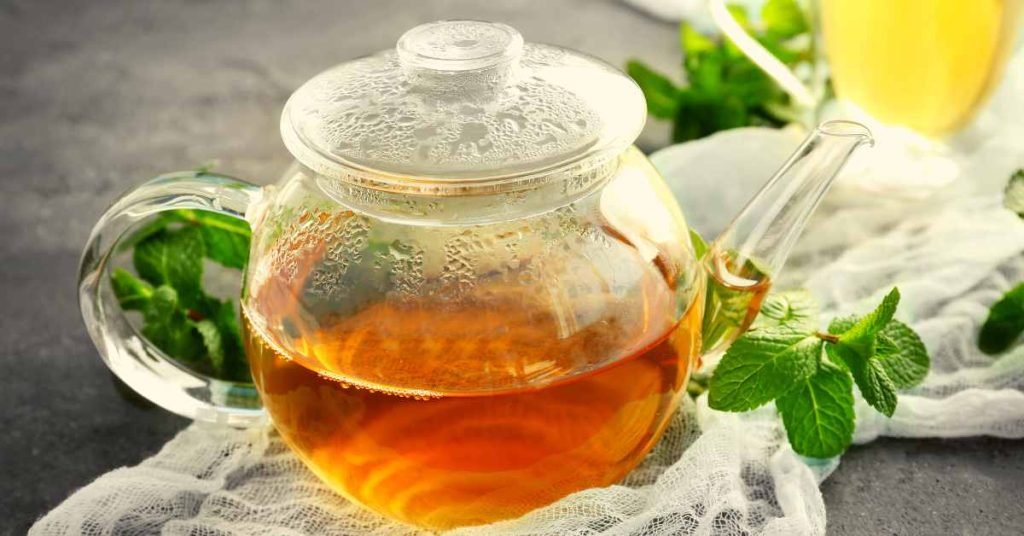
Peppermint tea stands out as a champion in the battle against congestion.
The menthol present in peppermint acts as a natural decongestant, helping to open up the airways and soothe irritated nasal passages.
The cooling sensation of peppermint can provide immediate relief, making it an ideal choice for those seeking to clear sinus congestion.
How to use:
- Brew a cup of peppermint tea using fresh peppermint leaves or a high-quality peppermint tea bag.
- Inhale the steam as you sip, allowing the menthol vapors to soothe your respiratory system.
- Consider adding a teaspoon of raw honey for added soothing benefits.
Eucalyptus Tea: The Respiratory Revitalizer
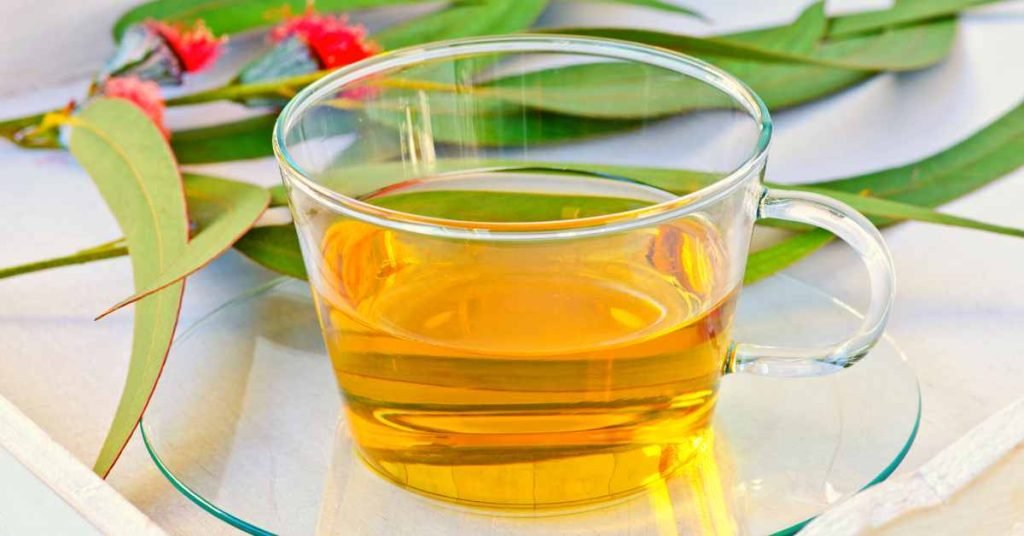
Eucalyptus, renowned for its invigorating scent, is a powerhouse when it comes to respiratory health.
Eucalyptus tea, made from the leaves of the eucalyptus tree, contains cineole, a compound with mucolytic properties that can help break down mucus and ease congestion.
How to use:
- Prepare eucalyptus tea by steeping fresh or dried eucalyptus leaves in hot water.
- Inhale the steam deeply, covering your head with a towel to create a makeshift steam tent for maximum benefit.
- Drink the tea to allow the beneficial compounds to work from the inside out.
Ginger Tea: The Warming Remedy
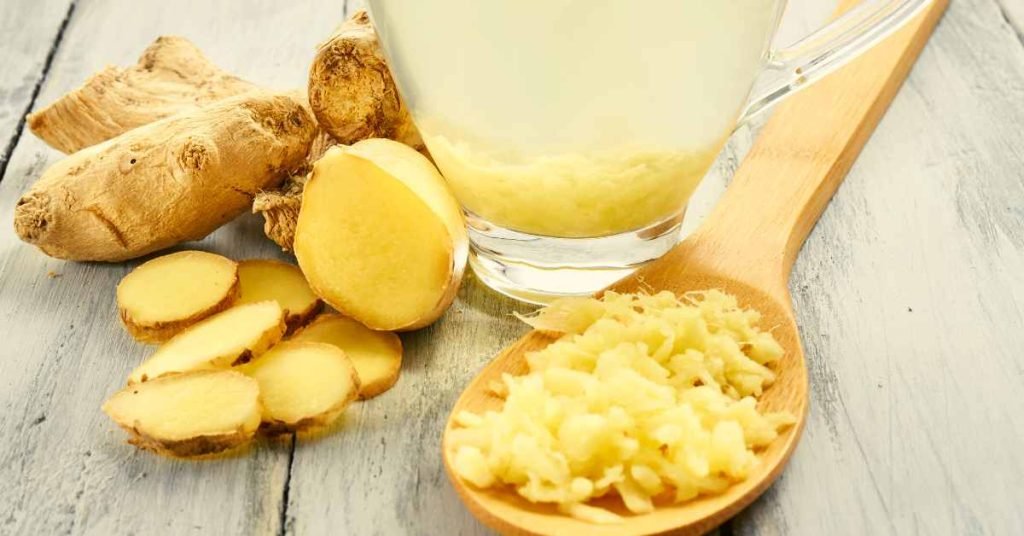
Ginger, celebrated for its anti-inflammatory and antioxidant properties, is a versatile remedy for various ailments, including respiratory congestion. Ginger tea can help to break down mucus and reduce inflammation in the airways, providing relief from nasal congestion.
How to use:
- Prepare ginger tea by steeping fresh ginger slices or grated ginger in hot water.
- Inhale the steam while sipping the tea for a dual-action approach to congestion relief.
- Consider adding a squeeze of lemon and a touch of honey for added flavor and immune-boosting benefits.
Chamomile Tea: Calming and Decongesting
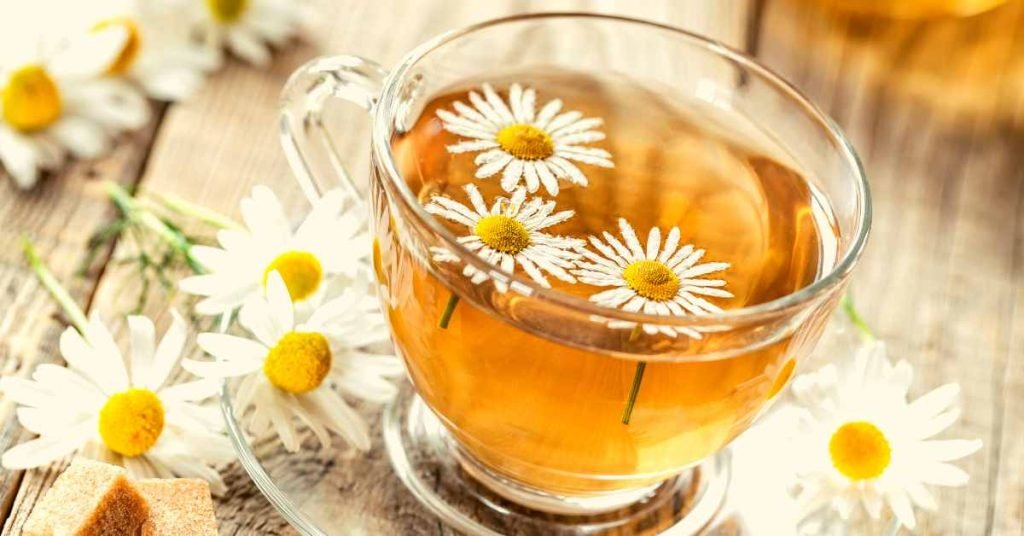
Chamomile, known for its calming effects, also offers relief for respiratory congestion. Chamomile tea has anti-inflammatory properties that can help soothe irritated airways and promote relaxation, making it a comforting choice for those looking to alleviate congestion.
How to use:
- Brew chamomile tea using chamomile flowers or a chamomile tea bag.
- Inhale the steam while enjoying the calming effects of chamomile.
- Consider adding a teaspoon of raw honey for added throat-soothing benefits.
Turmeric Tea: The Anti-Inflammatory Warrior
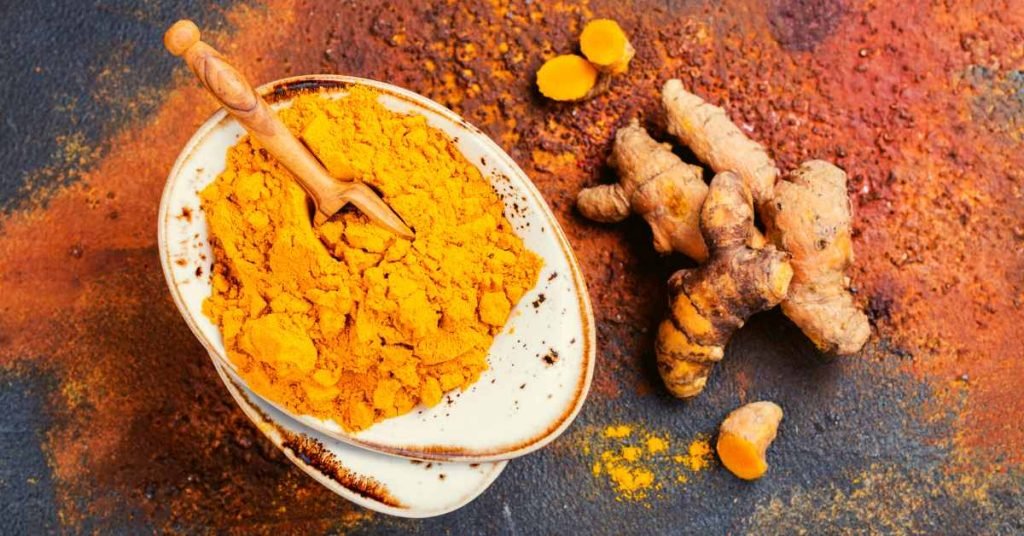
Turmeric, with its active compound curcumin, is renowned for its potent anti-inflammatory properties. Turmeric tea can help reduce inflammation in the respiratory tract, making it an excellent choice for those experiencing congestion due to allergies or respiratory infections.
How to use:
- Prepare turmeric tea by combining turmeric powder with hot water and allowing it to steep.
- Inhale the steam, and enjoy the earthy, warming flavors of turmeric.
- Enhance the tea with a pinch of black pepper to boost the absorption of curcumin.
Lemon and Honey Tea: The Classic Comforter
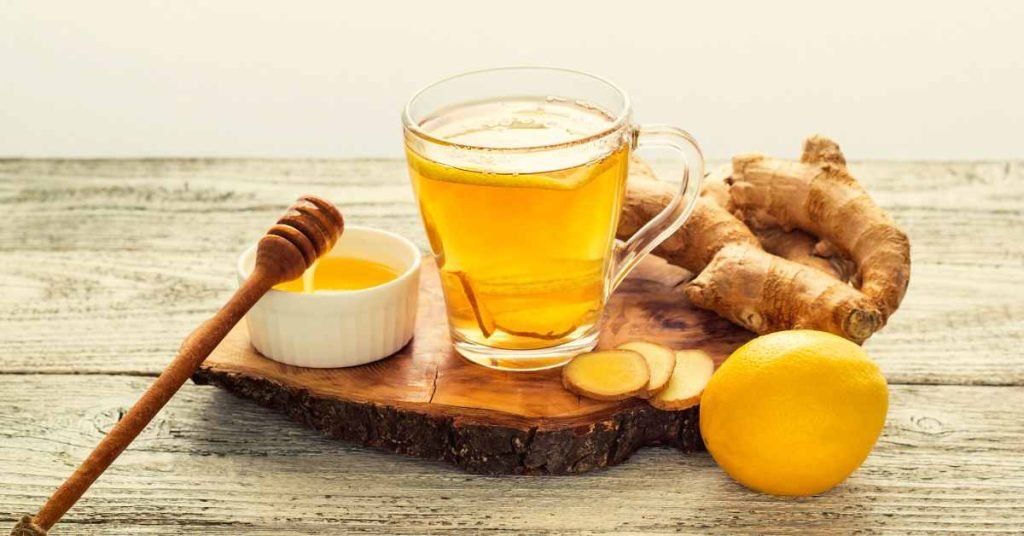
Combining the soothing properties of lemon and honey with warm tea creates a classic remedy for congestion and respiratory discomfort. Lemon provides a dose of vitamin C, while honey offers its antimicrobial properties, creating a powerful combination to support immune health.
How to use:
- Brew your favorite herbal tea, such as chamomile or peppermint.
- Squeeze fresh lemon juice into the tea and add a teaspoon of raw honey.
- Inhale the steam and sip the tea for a comforting and effective remedy.
Tips for Optimal Results
- Steam Inhalation: Inhaling the steam from your tea is a crucial aspect of using it to alleviate congestion. Create a steam tent by covering your head with a towel while leaning over the cup, allowing the warm vapors to penetrate and soothe your respiratory passages.
- Hydration: Staying well-hydrated is essential for thinning mucus and keeping the respiratory tract moist. Drink plenty of water in addition to your herbal teas.
- Quality Ingredients: Use high-quality tea leaves, fresh herbs, or organic tea bags to ensure that you get the maximum therapeutic benefits from your brew.
- Consistency: For ongoing respiratory support, consider incorporating these teas into your daily routine. Consistency is key when using natural remedies for long-term benefits.
Final Word
Tea, with its diverse flavors and natural healing properties, stands as a comforting ally in the quest for respiratory well-being.
Whether it’s the menthol freshness of peppermint, the invigorating aroma of eucalyptus, or the anti-inflammatory prowess of turmeric, various teas offer effective relief from congestion and a delightful sensory experience.
By incorporating these teas into your routine and embracing the time-honored practice of steam inhalation, you can harness the power of nature to ease respiratory discomfort and promote a healthier, clearer breath.
MEDICAL DISCLAIMER
Itsnevernotteatime.com cannot and does not contain medical/health advice. The medical/health information is provided for general and educational purposes only and is not a substitute for professional advice.




